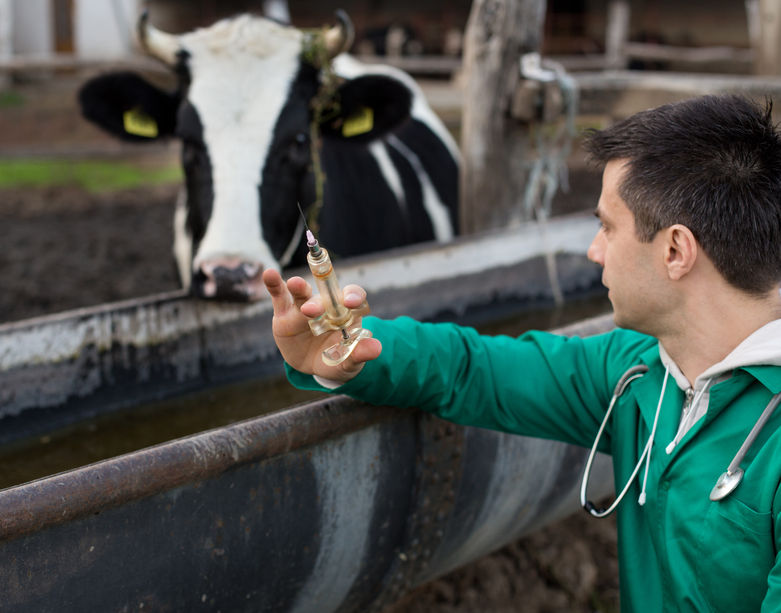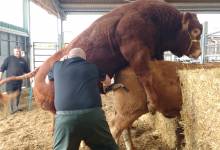The 2 cases of bluetongue virus were discovered by The Animal and Plant Health Agency (APHA) and the Pirbright Institute when the 2 imported cattle arrived in North Yorkshire from a central France assembly centre.
Bluetongue is a virus that is transmitted by midge bites, the virus reduces milk yields and can cause infertility, in severe cases it can cause mortality. Not all cattle infected by bluetongue show clinical signs immediately, which of course heightens the risk of spreading throughout the herd. Vigilance in biosecurity of all animals brought into the herd will help control infection and financial loss.
The midges that transmit the bluetongue virus are most active from May to October. The virus does not affect people but cattle, sheep, goats and other camelids such as llamas.
The APHA has assured that all necessary biosecurity precautions have been adhered to, with the affected premises on movement restrictions, the two cattle that remained isolated have been humanely culled to ensure the risk of the bluetongue virus spread is limited.
There are strict movement rules in place from infected areas. The importance of ensuring all relevant paperwork verifying correct vaccination is reiterated when importing animals from these regions. To not only prevent the spread of the disease but also the huge economic loss involved.
Graeme Cooke the deputy chief veterinary officer for the UK confirmed that bluetongue isn’t a threat to human health or food safety, but can cause a reduction in milk yield in cattle and infertility in sheep.
Farmers are warned to be vigilant and report to the APHA if they have any concerns about a potential bluetongue threat.
For the UK to retain it’s bluetongue free status farmers must source animals in line with legislation and biosecurity and work with their importer to ensure all vaccinations are complied with to protect the health status of their herd.
The UK Government and a number of independent groups have been working to raise awareness and vigilance against the threat of the disease through the Joint campaign Against Bluetongue (JAB)
The last known case of bluetongue in the UK was in 2007 but we have been officially free since 2011.



